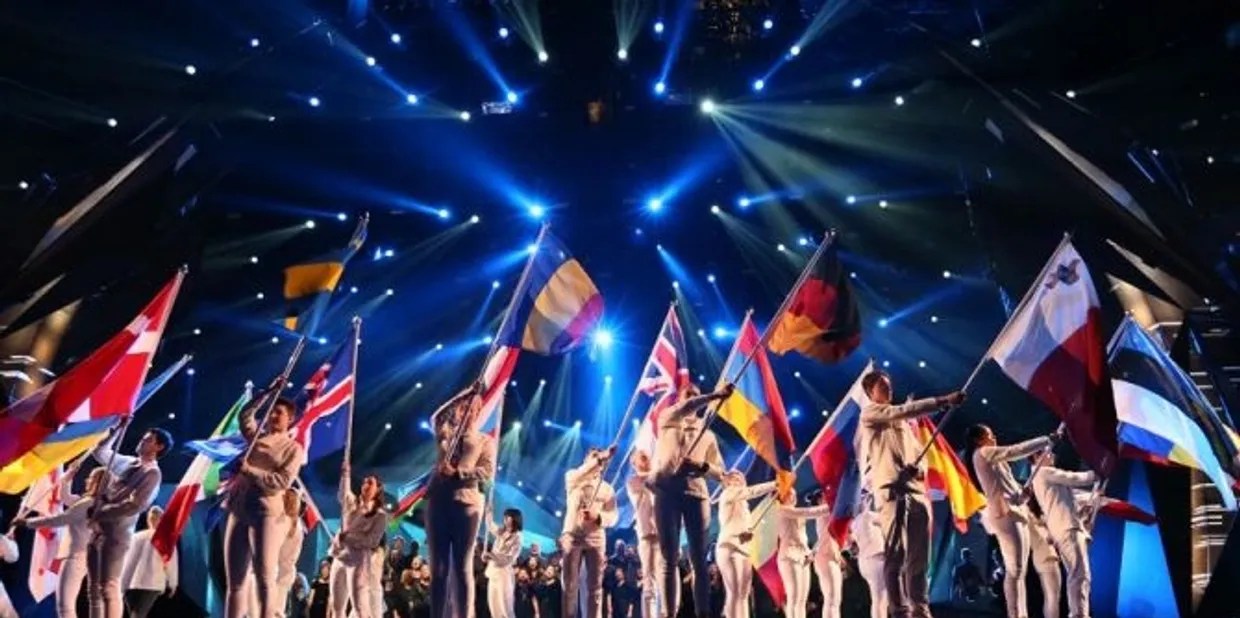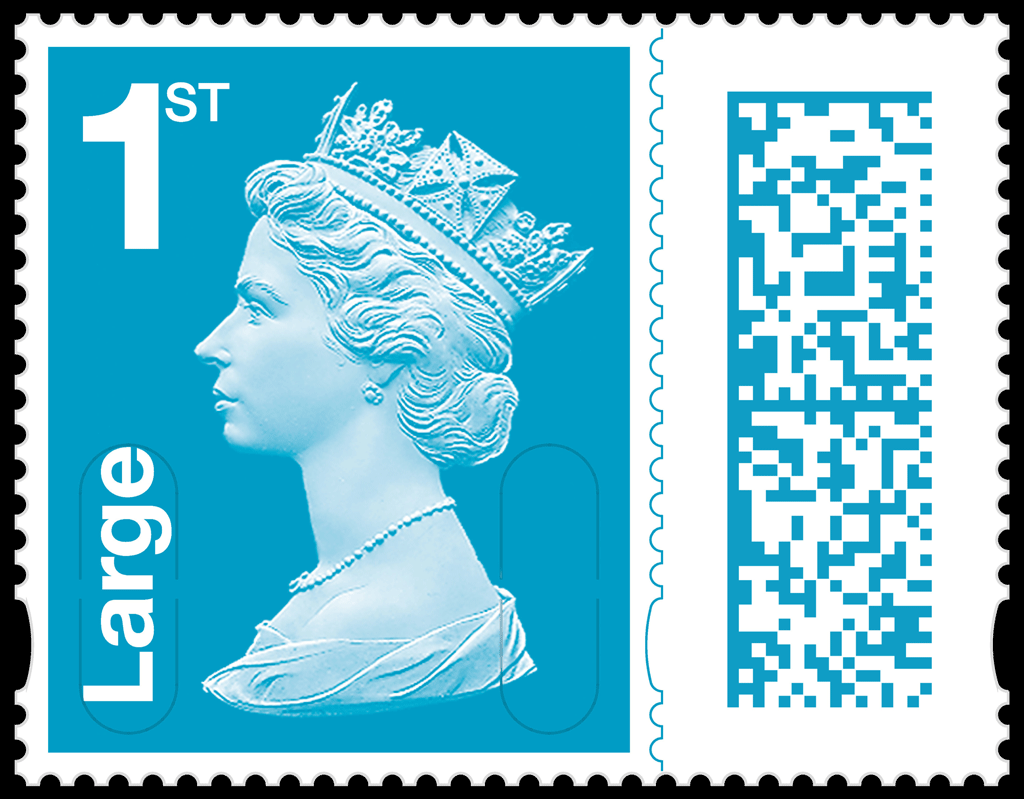Everything You Need To Know About Eurovision Voting

Table of Contents
The Two Pillars of Eurovision Voting: Televoting and Jury Voting
The Eurovision Song Contest's winning formula relies on a blend of public opinion and expert judgment, achieved through two main voting methods: televoting and jury voting. Both play crucial roles in determining the ultimate winner, ensuring a balance between popular appeal and artistic merit.
-
Televoting: This allows viewers in participating countries to vote for their favorite song via telephone, SMS, or dedicated apps. The specific methods and platforms can vary slightly between countries, reflecting local technological infrastructure and preferences. For instance, some countries might favor specific mobile apps while others rely heavily on traditional phone lines. This element ensures the Eurovision voting process directly reflects the tastes of the viewing public across Europe and beyond.
-
Jury Voting: Professional music industry experts from each participating country form independent juries. These juries, typically composed of five music professionals, assess the songs based on criteria such as vocal performance, musical composition, originality, stage presence, and overall artistic impression. The selection process aims for impartiality and expertise, ensuring a balanced perspective beyond simple popularity. The jury members are usually kept anonymous until after the voting process, to maintain their independence and prevent external influence.
-
The Weighting of Televoting and Jury Votes: The weighting of televoting and jury votes has evolved over the years. The current system aims for a balance, although the exact weighting might vary slightly from year to year. The rationale behind this weighting is to prevent a single method from completely dominating the results, making the outcome a reflection of both popular appeal and expert assessment. A pure televote could potentially be susceptible to trends or short-lived popularity, while a pure jury vote might not accurately reflect the broader tastes of the Eurovision audience.
Understanding the Point Allocation System
Points are awarded using a 12-point system, with each country awarding points to its top ten favorite songs. The highest-ranking song receives 12 points, the second-highest receives 10, followed by 8, 7, 6, 5, 4, 3, 2, and 1 point for the tenth-ranked song.
-
National and International Juries: Both national and international juries award points separately, ensuring a diverse range of perspectives. This helps mitigate potential biases or regional voting blocs. However, this separation also sometimes leads to inconsistencies in ranking, generating discussion and debate amongst fans.
-
Spokesperson Announcements: The suspense builds as each country's spokesperson reveals their points allocation, adding drama and excitement to the final stages of the contest. These announcements are a highlight of the show, often showcasing national pride and unique presentation styles.
-
Tie-Breaking Scenarios: Should a tie occur, the country with the higher number of 12-point scores is declared the winner. If this doesn't resolve the tie, further tie-breaking criteria, typically based on the next highest score, are applied until a winner is determined.
The Impact of Political Voting in Eurovision
While Eurovision aims for a fair and unbiased competition, political factors and cultural connections inevitably influence voting patterns. Neighboring countries sometimes demonstrate a tendency to vote for each other, reflecting close cultural ties and friendships.
-
Analyzing Voting Trends: Examining historical voting data reveals interesting patterns and biases. Detailed analysis can highlight consistent voting trends between specific countries, suggesting underlying political or cultural influences on voting choices.
-
The Role of Geography and Alliances: Geographic proximity and shared history often correlate with voting patterns. Countries with strong historical or political connections might exhibit reciprocal voting behaviors, generating discussion about the impact of geopolitical factors on the competition.
-
Controversies and Accusations of Bloc Voting: Throughout Eurovision's history, accusations of bloc voting—where groups of countries consistently support each other—have surfaced. These controversies highlight the complexities of interpreting voting results and the potential influence of factors beyond the music itself.
Eligibility and Rules of Eurovision Voting
To ensure a fair and transparent Eurovision voting process, specific eligibility rules and measures to prevent fraud are in place.
-
Eligibility Criteria for Voters: Age restrictions typically apply, usually requiring voters to be a minimum of 16 years old. Residency requirements ensure that only eligible citizens or residents of participating countries can cast votes.
-
Preventing Voting Manipulation: Strict measures aim to prevent fraudulent voting, including limitations on the number of votes per person and per phone number, and sophisticated systems designed to detect and block attempts to rig the voting system.
-
Consequences of Violating Voting Rules: Attempts to cheat the system can result in penalties, ranging from invalidating votes to disqualification from future participation in the Eurovision Song Contest.
The Evolution of Eurovision Voting Systems
The Eurovision voting system has undergone significant changes over the years, reflecting technological advancements and evolving perceptions of fairness.
-
Early Eurovision Voting Methods: Initially, Eurovision voting relied solely on national juries, lacking the direct participation of the viewers. This approach lacked the widespread engagement that televoting now provides.
-
The Introduction of Televoting: The introduction of televoting revolutionized the Eurovision voting system, providing a direct voice to the viewers and significantly increasing public participation. This added a significant element of excitement and unpredictability to the competition.
-
Recent Rule Changes and Their Impact: Recent rule changes have focused on refining the balance between jury voting and televoting, aiming for a system that remains engaging while minimizing the potential for bias or manipulation.
Conclusion
Understanding the intricacies of Eurovision voting adds a whole new dimension to the viewing experience. From the thrill of televoting to the expert opinions of the juries, the system ensures a fair and engaging competition. By grasping the nuances of point allocation, the impact of political factors, and the rules governing the process, you can truly appreciate the artistry and the strategy behind each performance. So, familiarize yourself with all aspects of Eurovision voting and enjoy the spectacle even more! Get ready to cast your vote (or at least analyze it!) during this year's Eurovision Song Contest. Learn more about the different aspects of Eurovision Voting and become a true Eurovision expert!

Featured Posts
-
 Soppel I Bekken Lokalsamfunnets Kamp Mot Forsopling
May 19, 2025
Soppel I Bekken Lokalsamfunnets Kamp Mot Forsopling
May 19, 2025 -
 California Fertility Clinic Bombing Fbi Says Suspect Likely Perished In Blast
May 19, 2025
California Fertility Clinic Bombing Fbi Says Suspect Likely Perished In Blast
May 19, 2025 -
 Royal Mail Stamp Prices To Rise Key Changes And Impact From April 7th
May 19, 2025
Royal Mail Stamp Prices To Rise Key Changes And Impact From April 7th
May 19, 2025 -
 Gazze Deki Yerinden Edilme Filistinlilerin Yasam Muecadelesi
May 19, 2025
Gazze Deki Yerinden Edilme Filistinlilerin Yasam Muecadelesi
May 19, 2025 -
 Ufc Vegas 106 The Michael Morales Knockout A Fighters Perspective
May 19, 2025
Ufc Vegas 106 The Michael Morales Knockout A Fighters Perspective
May 19, 2025
